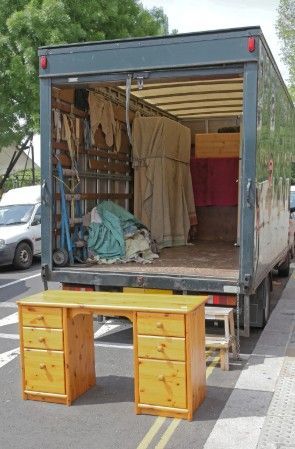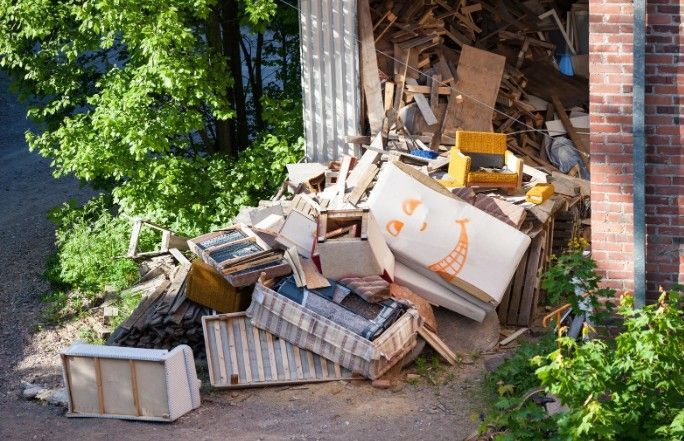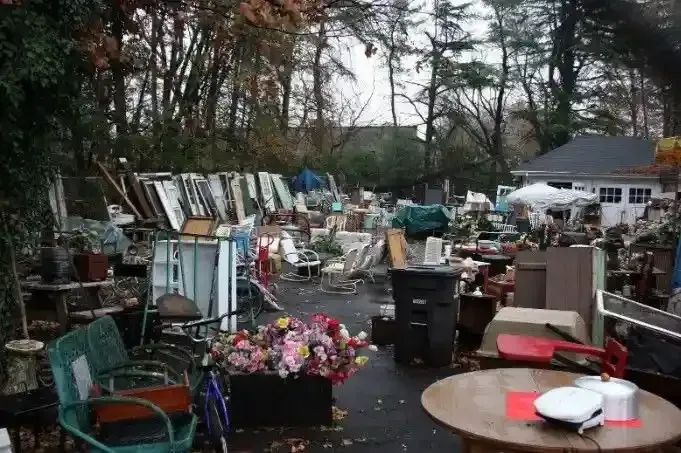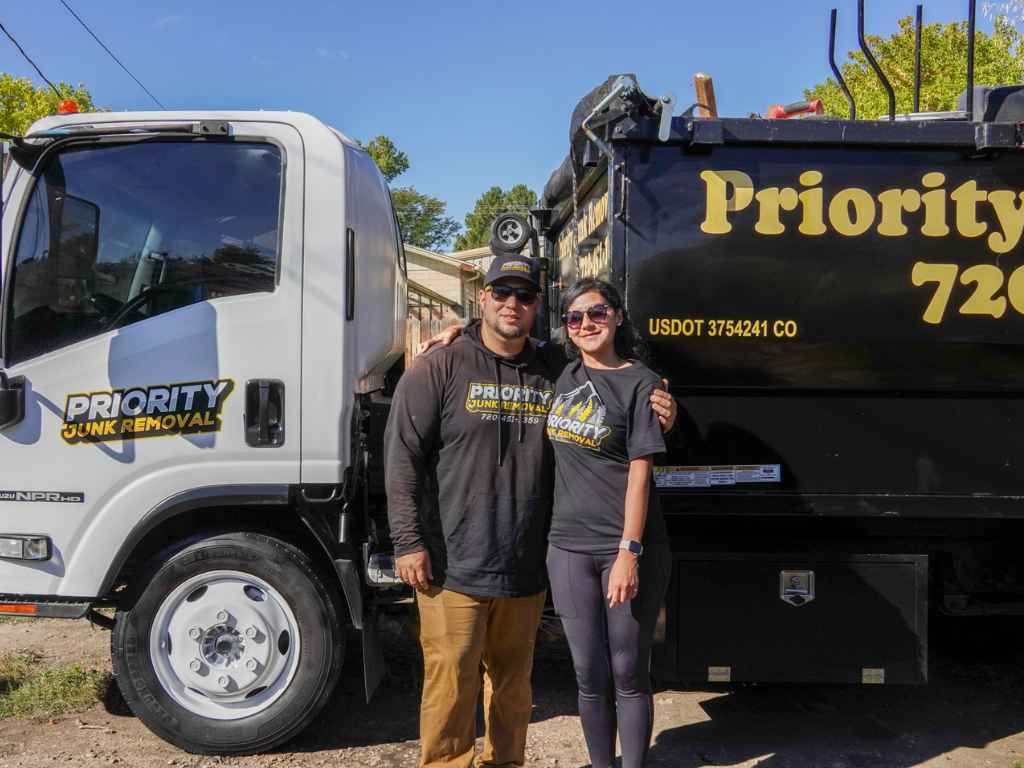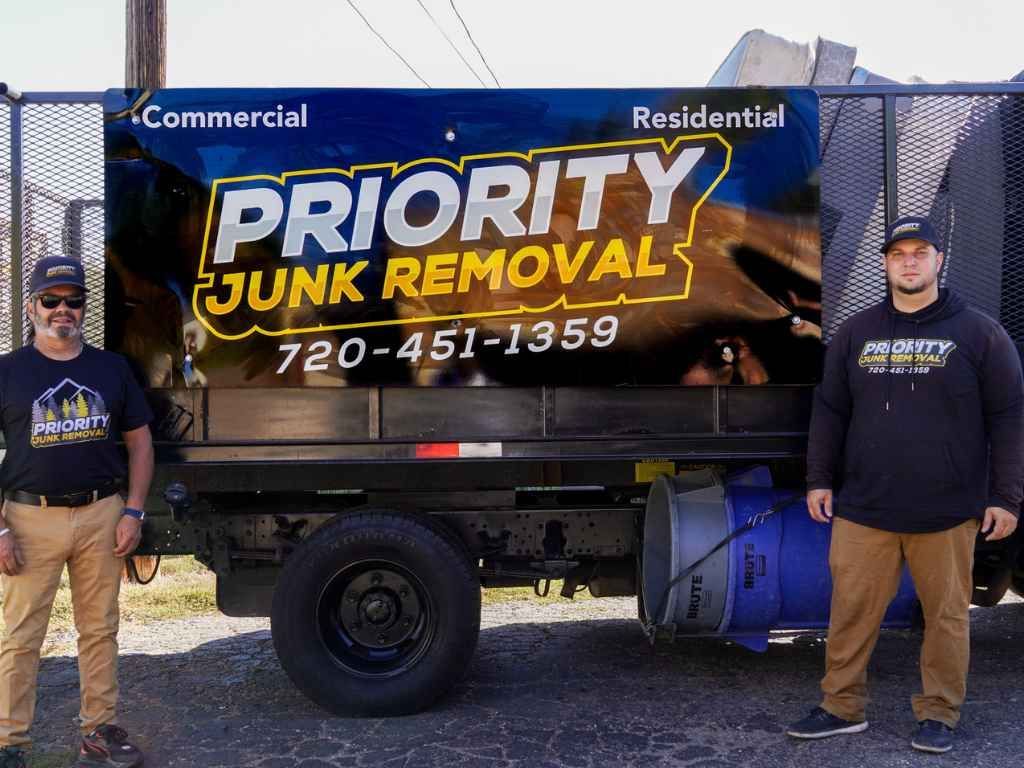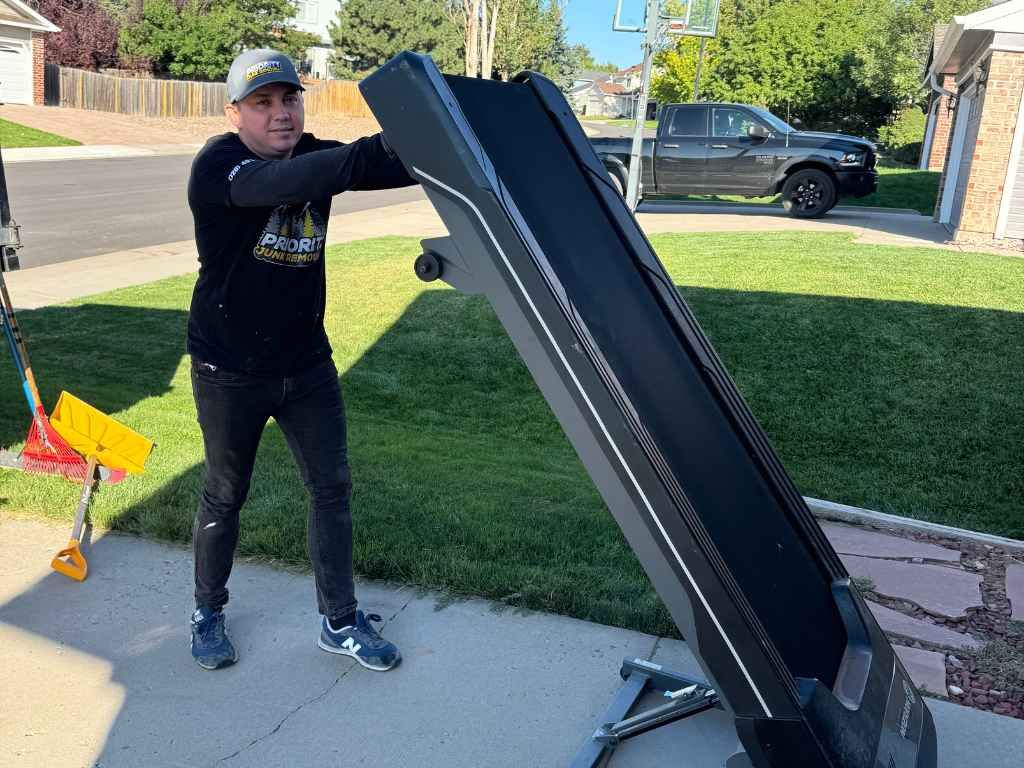A Simple Guide to Yard Waste Disposal
When it comes to maintaining a clean and tidy yard, yard waste disposal is an essential part of the process. Whether you're pruning trees, trimming bushes, or clearing leaves after a fall storm, managing yard waste effectively can be a daunting task. But with the right knowledge and approach, disposing of yard waste doesn't have to be stressful or complicated.
In this guide, we’ll take you through the best practices for handling yard waste, how to recycle, compost, and dispose of it responsibly, and explore various options available to make your yard work simpler and more eco-friendly.
Understanding Yard Waste
Yard waste consists of organic materials such as grass clippings, leaves, branches, twigs, shrubs, and even tree stumps. These materials are biodegradable and can be processed to create valuable resources, such as compost or mulch. However, improper disposal can lead to pollution, waste buildup, and unnecessary strain on local landfills.
Before you start tossing yard debris into the trash, it’s important to understand how to properly manage it in a way that is both convenient for you and beneficial to the environment. Proper disposal can reduce your carbon footprint, conserve natural resources, and keep your local ecosystem healthy.
Types of Yard Waste and How to Handle Them
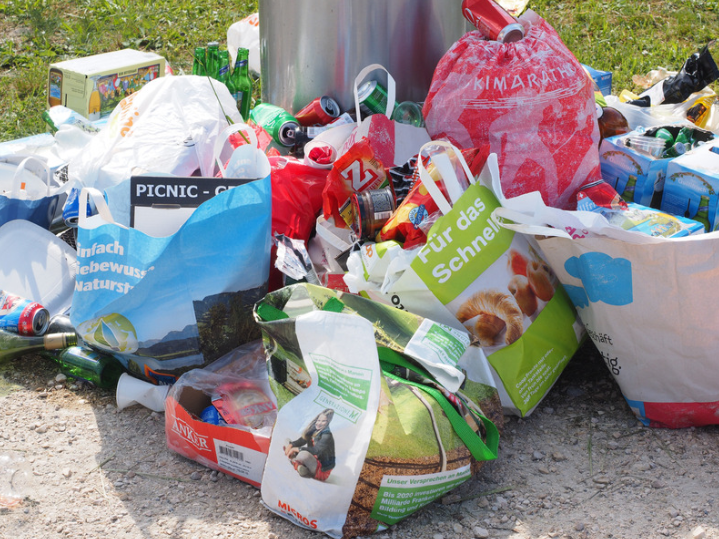
Grass Clippings
Grass clippings are one of the most common forms of yard waste, especially during the growing season. While they may seem like a nuisance, grass clippings can actually be put to good use. If you're mowing your lawn regularly, you might want to consider leaving the clippings behind to decompose naturally. This is known as grass cycling. It enriches the soil, reduces the need for fertilizers, and keeps the grass healthier. Alternatively, if you prefer to collect your clippings, they can be composted or used to create mulch.
Leaves
Fallen leaves are another staple of yard waste, particularly in the autumn months. While many homeowners resort to bagging up the leaves for trash pickup, you can recycle them in several ways. One of the best methods is composting. Leaves break down naturally and can be added to a compost pile along with other organic materials. Shredding leaves can speed up the process, allowing them to decompose faster and be used in your garden.
Branches, Twigs, and Shrubs
Twigs and branches are larger pieces of organic matter that require special care for disposal. While small twigs can be composted, branches and larger pieces often need to be bundled and disposed of properly. You can trim back your shrubbery and small trees yourself, or hire a professional to help manage larger debris. Many local services offer special pickup for yard waste like branches, or you could take them to a designated drop-off location or recycling center.
Tree Stumps and Larger Debris
Tree stumps and large debris are the most challenging yard waste materials to deal with. Removing stumps requires specialized equipment and expertise, as they can be deeply embedded in the ground. You can choose to rent the equipment to grind the stump down or hire a professional service to remove it entirely. It’s crucial to ensure that tree stumps are disposed of correctly to prevent them from becoming a fire hazard or contributing to pest problems.
Recycling Yard Waste
Recycling yard waste is an excellent way to ensure that organic material is repurposed rather than sent to the landfill. Many municipalities have established yard waste recycling programs that accept yard waste for composting, mulching, or other environmentally friendly processes.
- Composting Yard Waste: Composting is a fantastic option for dealing with grass clippings, leaves, twigs, and even kitchen scraps. By creating your own compost pile, you can recycle yard waste into rich, fertile soil that can be used to improve the health of your garden.
- Mulching: Mulch is another great way to recycle yard waste. You can take leaves, small twigs, and grass clippings and mulch them using a mulching mower or shredder. The mulch can then be used to cover flower beds, garden soil, and even around trees. It helps retain moisture, suppresses weeds, and adds nutrients to the soil.
- Yard Waste Recycling Centers: Many communities have designated yard waste recycling centers where you can drop off organic materials. These centers take in materials like branches, twigs, and grass clippings, which are then processed into compost, mulch, or wood chips. In many cases, you can even get mulch or compost for free or for a small fee.
How to Dispose of Yard Waste Responsibly
If composting and mulching aren’t feasible options for your yard waste, there are other environmentally friendly ways to dispose of it.
Curbside Pickup Services
Many cities and towns offer curbside yard waste pickup services, typically during specific months of the year. These services typically require you to place yard waste in designated containers or bags. Be sure to check local regulations to see if your municipality offers this service and whether there are any restrictions or guidelines on how to prepare yard waste for pickup.
Hiring a Junk Removal Service
For larger clean-up projects, hiring a professional junk removal service can make the process significantly easier. Many junk removal companies specialize in yard waste disposal and can come to your home to remove everything from grass clippings to large tree stumps. They’ll handle the hauling, so you don’t have to worry about transport or disposal yourself.
Rent a Dumpster
If you’re tackling a large yard renovation or clean-up project, renting a dumpster may be the most convenient option. This allows you to collect and dispose of all your yard waste in one go. You can rent a dumpster that’s appropriate for the size of your project and have it picked up once it's full. Keep in mind that not all dumpsters accept yard waste, so make sure to confirm that the service you're using will take organic materials.
Yard Waste Disposal Facilities
Some areas have designated yard waste disposal facilities where you can drop off your materials. These sites often accept larger amounts of debris like branches, shrubs, and tree stumps. Some even offer a drop-off service for items like logs and mulch, allowing you to get rid of bulky debris without the hassle of hauling it yourself.
What to Avoid When Disposing of Yard Waste
When it comes to yard waste disposal, it's important to know that not everything belongs in the compost pile or the regular yard waste bin. While many organic materials like grass clippings, leaves, and small branches are suitable for recycling or composting, certain items should be kept out to avoid environmental harm and complications with waste management.
Disposing of the wrong items with yard waste can lead to contamination, spread of invasive species, and damage to ecosystems. Here are three key examples of materials that should never be mixed with regular yard waste and why proper disposal matters
Invasive Plants
Invasive plant species, such as Japanese knotweed, poison ivy, and kudzu, pose a serious threat to local ecosystems if not handled correctly. These plants have aggressive growth patterns and can easily take over native vegetation, disrupting the balance of the local environment. If disposed of with regular yard waste, invasive plants can spread to new areas through compost or mulch, leading to further ecological damage.
Many municipalities have specific guidelines for the disposal of invasive species, such as bagging them separately or taking them to a designated disposal site. Contact your local waste management service to understand the proper methods for handling these types of plants.
Hazardous Materials
Items like pesticides, herbicides, fertilizers, and treated wood (such as pressure-treated lumber) should never be included in yard waste. These materials often contain toxic chemicals that can leach into the soil and water supply, posing health risks to humans and wildlife.
For example, pressure-treated wood contains preservatives like arsenic and copper, which can contaminate the composting process and lead to long-term environmental damage. Most local governments have hazardous waste collection programs where these materials can be safely dropped off for proper disposal. Always read product labels and follow local regulations to ensure hazardous materials are handled responsibly.
Plastic or Non-Biodegradable Items
Plastic bags, garden twine, rubber, and other synthetic materials should be kept out of yard waste. These materials do not break down naturally and can interfere with the composting process or clog machinery at waste processing facilities. Plastic, in particular, can break down into microplastics, which can find their way into the soil and water, causing further environmental harm.
To avoid contamination, make sure to remove any plastic or non-organic material from your yard waste before collection. Recycle or dispose of these items according to your local recycling program's guidelines. By understanding what doesn't belong in your yard waste bin, you can help keep your community’s waste management system running smoothly and minimize your environmental footprint.
Conclusion
Yard waste disposal doesn’t have to be complicated, but it’s essential to approach it with care and responsibility. Whether you choose to compost, mulch, or take advantage of local recycling centers, there are plenty of ways to ensure that your yard waste is disposed of in an eco-friendly manner. If you're ever in need of assistance, professional junk removal services can help manage larger clean-up projects, taking care of your yard waste with minimal effort on your part.
For more information or to schedule a pickup, reach out to Priority Junk Removal, located at 6091 South Spotswood Street, Littleton, Colorado 80120, United States. You can contact us by phone at 720-451-1359 or email at priorityjunkremoval@gmail.com.

